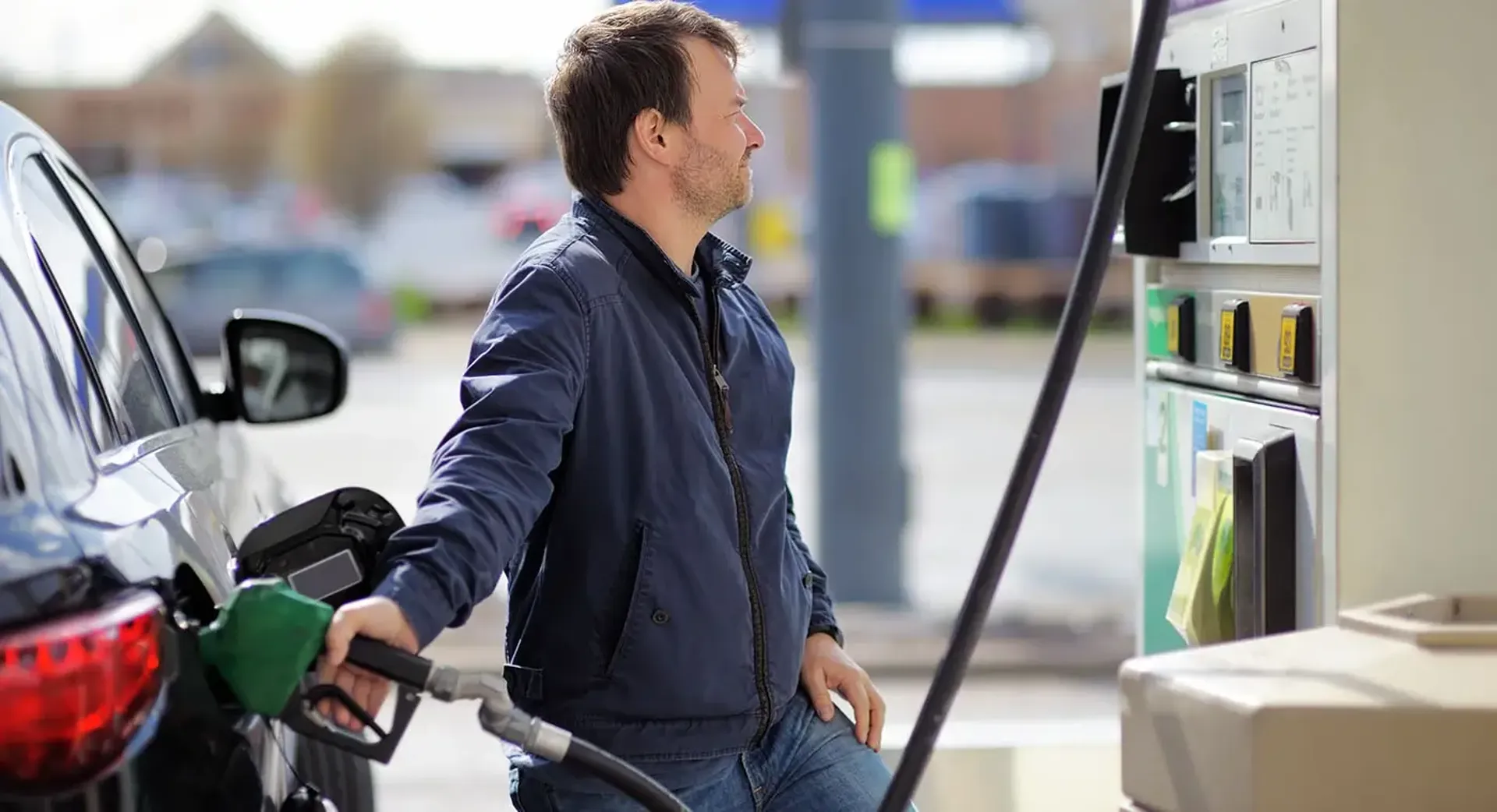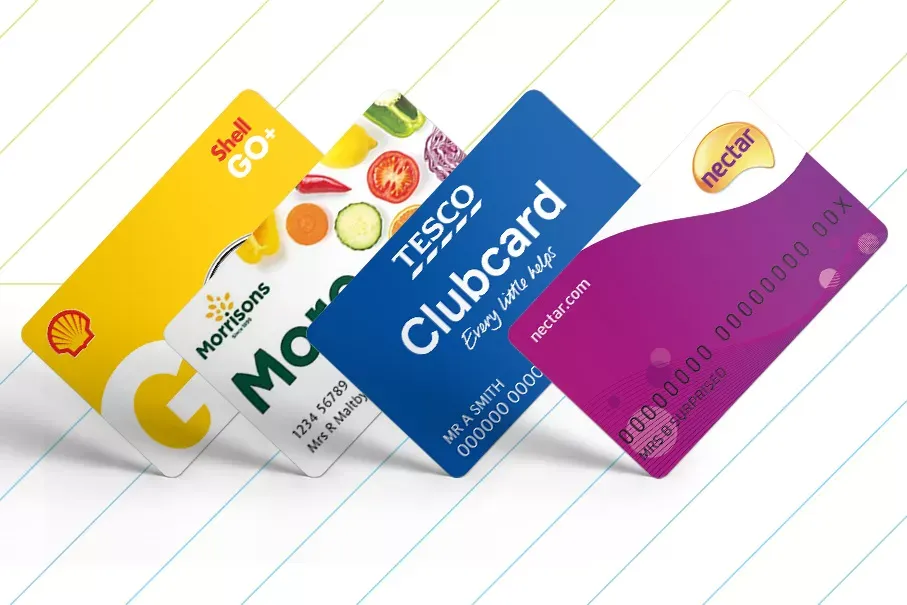
Real-time pricing to boost business
The roller coaster ride of petrol and diesel pump prices is set to end as part of a forecourt revolution that will hand power back to drivers and businesses. Garages will be legally required to share live information on their pump prices within 30 minutes of any price change as part of the new PumpWatch scheme.
A consultation exercise, announced in January, is part of a government proposal to bring greater transparency to fuel prices by promoting competition. Real-time price data will help drivers using fuel membership apps and comparison websites shop around for fuel more easily.
The finer details of how PumpWatch operates and who manages it will form part of industry-wide consultation, but it’s likely to be led by a government-run website and app which will allow motorists to find the cheapest fuel on their route.
Even greater efficiency on-the go
That is even better news for fleet owners like you, who are already signed up to fuel price apps such as fuelGenie as they should become even more effective under the scheme.
The political will has never been stronger to end fuel supply chain disparity over the cost of oil and what garages actually charge. The recent drop in fuel prices is a significant contributory factor behind the slowdown in inflation, now at its lowest rate in two years, which sits at the heart of the Government’s economic policy.
The main catalyst for the unprecedented forecourt alignment scheme has been the financial uncertainty around fluctuating fuel prices and the possibility of a new government before the end of 2024. Some fuel retailers were found to be overcharging customers but intervention by the Government-appointed Competition and Markets Authority (CMA) has coincided with indications that fairer deals are returning to forecourts.
Fuel prices fell by an average of around 2p per litre every week between 13 November and 25 December last year, bringing petrol prices down to a level not seen since October 2021.
Addressing the diesel disparity
The CMA’s critical report uncovered no evidence of price fixing, but said average annual supermarket petrol margins had increased by an average 6p per litre between 2019 and 2022.
The figure was even higher for diesel, a lifeblood of the nation’s hauliers and fleet-led businesses, with some outlets increasing margins by an extra 13ppl from January to the end of May last year. It is hoped the PumpWatch scheme will address the disparity and allow businesses to plan their fuel budgets more effectively in the future, with all the efficiency spin offs that brings.
Keeping the economic heartbeat healthy
Howard Cox, whose FairFuelUK campaign prompted the Government action, says: “Diesel is certainly not being priced fairly. It’s a fuel that’s the commercial heartbeat of our economy. Its wholesale price is often considerably lower than petrol, but have you seen it cheaper than petrol anywhere in the UK?”
A staggering 60% of all fuel dispensed is road diesel for trucks and vans that keeps business and the economy moving. But the UK remains one of only a handful of nations charging more for diesel than petrol. “If the Government had insisted on fuel being sold at the correct price, diesel would now be 15p cheaper,” he adds. “Inflation would currently be one per cent lower and the cost-of-living crisis would certainly be lessened.”
Fuel app tech will drive change
The Government predicts tech companies and competitive fuel comparison memberships such as fuelGenie will integrate existing software to further empower the UK’s 41.2 million drivers to search for the cheapest fuel on-the-go.
By complementing actual prices with further reduced pricing packages via an app, online mapping platforms, journey planning tools, price comparison websites or in-car devices, this will be a game-changer for businesses and private motorists.
A similar state-wide scheme in Queensland, Australia saw drivers save on average £48 per year, with even larger margins for fleets.
Forcing retailers to be transparent and giving drivers access to the kind of price comparison tech we use when booking a flight, competition will grow, and prices will drop as we see a more stable and consumer-friendly fuel market.
What the politicians and industry say…
“This will put motorists back in the driving seat and bring much-needed competition back to the forecourts” – Energy Security Secretary Claire Coutinho.
“This is an important day as it should pave the way for fairer fuel pricing. There have been far too many occasions where drivers have lost out at the pumps when wholesale prices have fallen significantly, and those reductions haven’t been passed on quickly enough or fully enough by retailers” – RAC fuel spokesman Simon Williams.
“We commend the government for addressing the issue of unfair pump prices that we have been raising for some time. The brazen price disparity of sometimes 10p a litre or more between neighbouring towns had to end. Pumping up profits by hanging on to the savings from lower fuel costs while consumers, businesses and inflation were denied the relief was quite simply unforgivable” – Edmund King OBE, AA President


